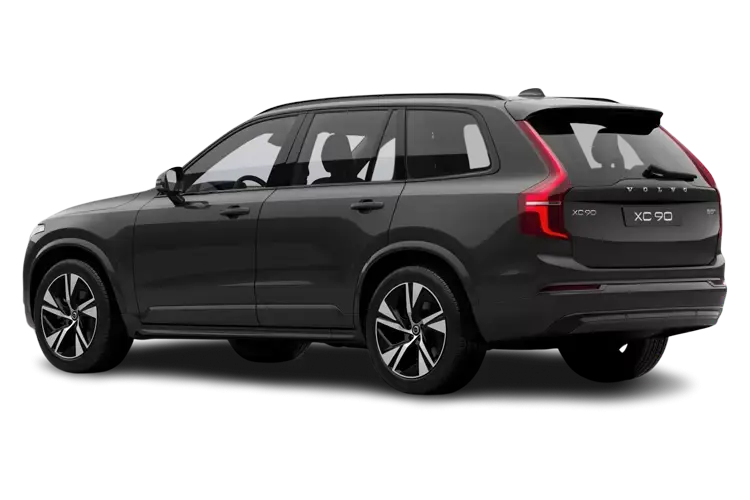SEARCH OVER 12,000 NEW LEASING DEALS
Company Car Benefit Charge
How does it work?
In simple terms if you provide your employees with company cars and that car is made available for personal use then the car is deemed to be a non-cash benefit by HMRC (similar to other benefits like private medical cover) As such the employee is liable for a tax charge. The tax charge is known as the Benefit-in-Kind (BIK). For further information read on below or if you have more specific questions then let us know.
P11D VALUE - is a form that HMRC requires all employers to complete. It details the cash equivalent values of all benefits and expenses that have been supplied during the tax year.
The P11D value of a car is the start point to calculating company car tax and is calculated per below:
Vehicle List Price (Including VAT)* + List Price of any Accessories (Including VAT)** + Delivery Charges - Any Capital Contributions made by the employee = P11D Value
*This value excludes any First Year Registration fee and Vehicle Excise Duty (VED)
**Accessories added at a future date need to be added to the P11D value if they have a cost of £100 or more, ( accessories costing less than £100 are excluded) , also any like for like replacement accessories will not amend the P11D value.
The value of the benefit is calculated as follows:
P11D Value x CO2 derived Appropriate Taxable Percentage (Per CO2 Table) = Benefit-in-Kind
Diesel Supplement
If a car runs solely on diesel a 4% supplement (previously 3%) is added to the appropriate taxable percentage, subject to a limit of 37%. The supplement is not charged if the vehicle meets the Real Driving Emissions Step 2 (RDE 2) standard.
Note for 2020 to 2022 there is a slight difference in BIK rates if the car was registered before or after 6 April 2020 so there are 2 tables, this difference is eliminated from 2022 onwards.
Cars Registered FROM 6 April 2020 - Appropriate Taxable Percentage
The BIK value is then adjusted for any of the following:
Part year period i.e. When the car was not made available until part way through a tax year or when a car ceased to be made available part way through a tax year.
Period when the car was unavailable (minimum period of 30 consecutive days or more).
Payments made by the employee for private use of the car.
Periods when the car has had shared use
The final adjusted BIK value is then multiplied by the employees marginal tax rate to determine the tax payable.
For employers, the BIK value is used to calculate the Class 1A National Insurance contributions, this is the amount the employer has to pay on the benefit provided to the employee.
LetsTalk Leasing can provide independent impartial advice on car and van benefit in kind for your business so please get in touch with any specific enquiries you have, we are available on 0330 056 3331 or via email [email protected].
LATEST CONTRACT HIRE AND LEASING NEWS
Keep up to date with the latest leasing news, reviews and advice.

How does a Volvo lease work?
11th Aug 2025
We'll break down how Volvo leasing works for you in this article.

Leasing a Volvo XC90 for business use: Tax benefits and considerations
11th Aug 2025
Key tax benefits of choosing a Volvo XC90 business lease.

CUPRA Formentor Lease Deals – Standout Style, Sporty Drive
1st Aug 2025
Whether you’re after a head-turning family car or a high-spec personal lease, the Formentor delivers the looks, spec and...












